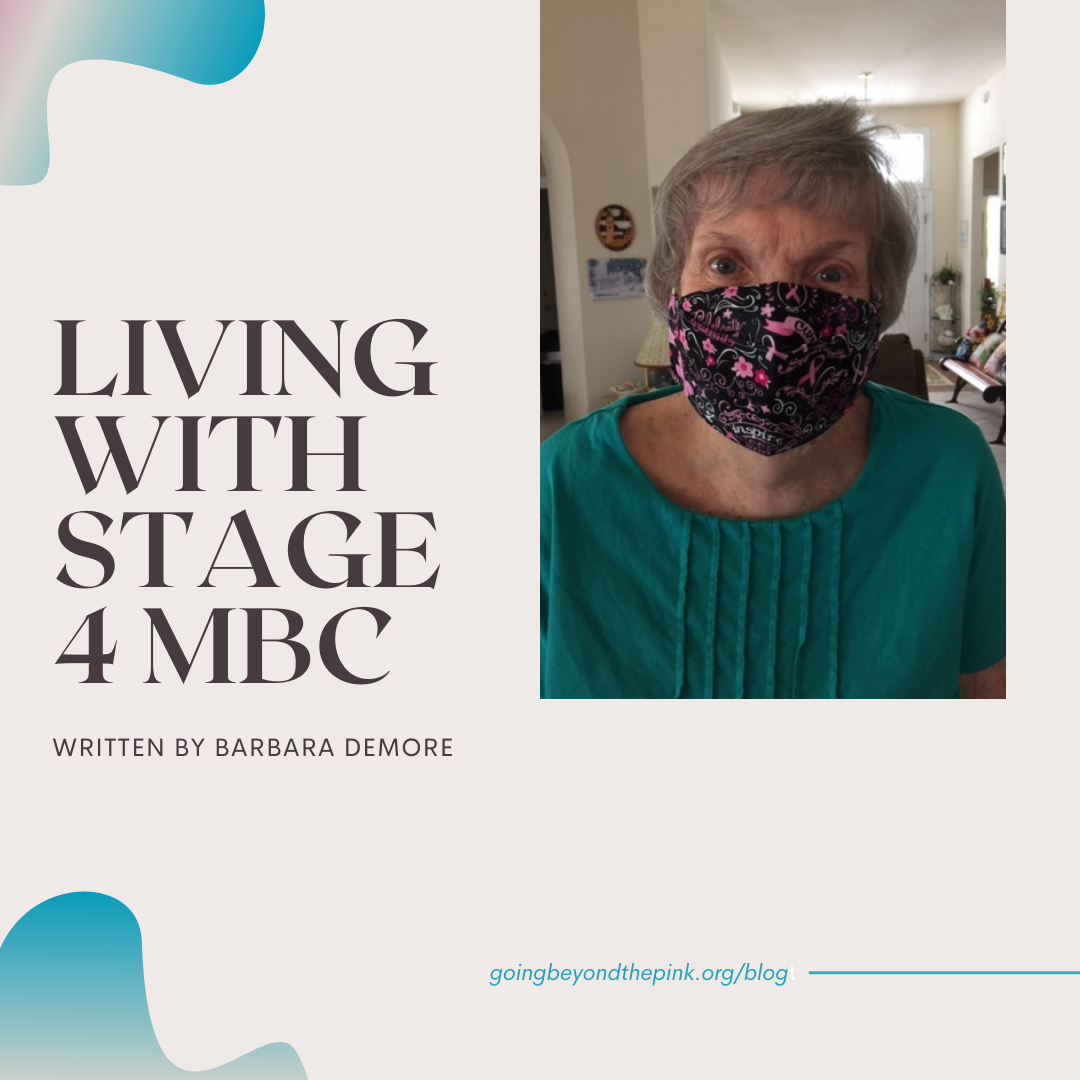Metastatic Breast Cancer
Metastatic Breast Cancer (MBC / Stage IV) most often metastasizes to the brain, bones, liver, and lungs. About 30% of women that are diagnosed with early stage breast cancer will eventually develop metastatic disease. Here, you'll learn about various treatment options, managing side effects of treatment, and important lifestyle concerns for metastatic patients.
According to BreastCancer.org:
Metastatic breast cancer (also called stage IV) is breast cancer that has spread to another part of the body, most commonly the liver, brain, bones, or lungs.
Cancer cells can break away from the original tumor in the breast and travel to other parts of the body through the bloodstream or the lymphatic system, which is a large network of nodes and vessels that works to remove bacteria, viruses, and cellular waste products.
Breast cancer can come back in another part of the body months or years after the original diagnosis and treatment. Nearly 30% of women diagnosed with early-stage breast cancer will develop metastatic disease.
Some people have metastatic breast cancer when they are first diagnosed with breast cancer (called “de novo metastatic”). This means that the cancer in the breast wasn’t detected before it spread to another part of the body.
A metastatic tumor in a different part of the body is made up of cells from the breast cancer. So if breast cancer spreads to the bone, the metastatic tumor in the bone is made up of breast cancer cells, not bone cells.
Being diagnosed with metastatic breast cancer can be overwhelming. You may feel angry, scared, stressed, outraged, and depressed. Some people may question the treatments they had or may be mad at their doctors or themselves for not being able to beat the disease. Others may deal with diagnosis of metastatic breast cancer in a matter-of-fact way. There is no right or wrong way to come to terms with the diagnosis. You need to do and feel what is best for you and your situation.
Keep in mind that metastatic disease is NOT hopeless. Many people continue to live long, productive lives with breast cancer in this stage. There are a wide variety of treatment options for metastatic breast cancer, and new medicines are being tested every day. More and more people are living life to the fullest while being treated for metastatic breast cancer.
While metastatic breast cancer may not go away completely, treatment may control it for a number of years. If one treatment stops working, there usually is another you can try. The cancer can be active sometimes and then go into remission at other times. Many different treatments — alone, in combination, or in sequence — are often used. Taking breaks in treatment when the disease is under control and you are feeling good can make a big difference in your quality of life.
Visit BreastCancer.org to learn more. And don't miss out on their podcasts and blogs!
Helpful Resources
What is Metastatic Breast Cancer?
Metastatic Breast Cancer Fast Facts
Metastatic Breast Cancer Helpful Guide
Reality of Metastatic Breast Cancer



